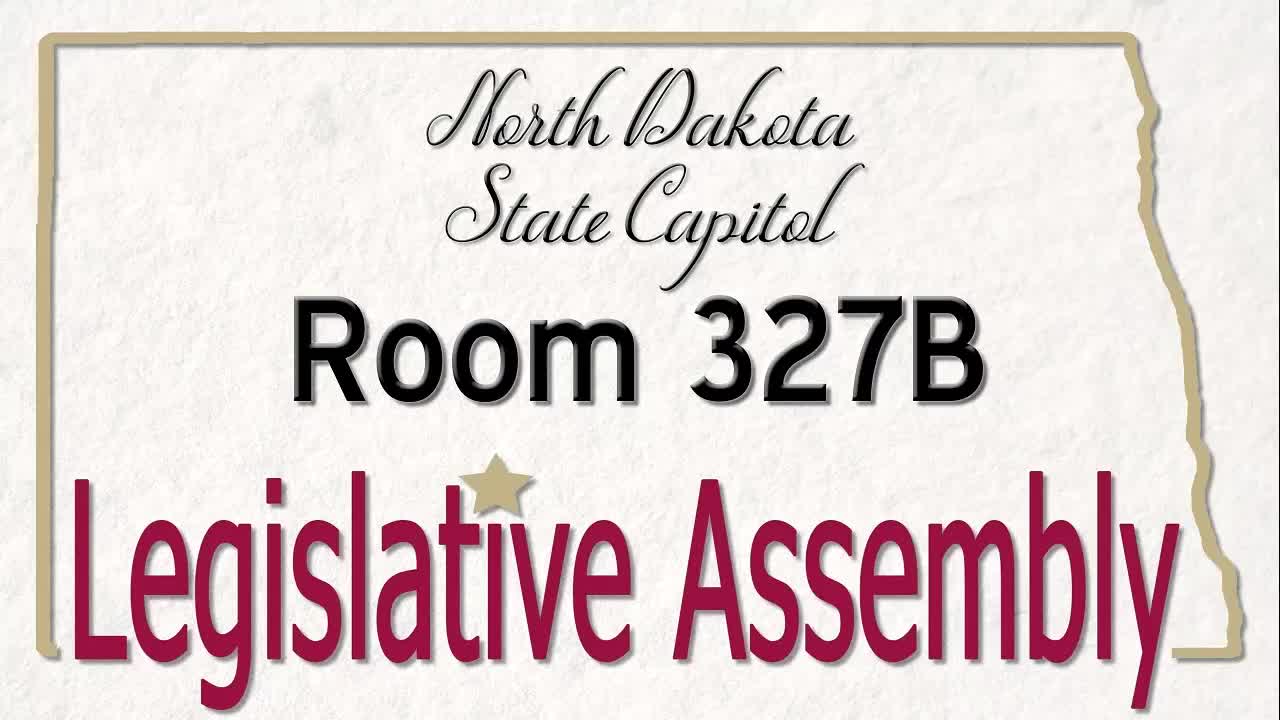House Judiciary Committee amends Department of Corrections notice language after AG objects to burden on victims
Get AI-powered insights, summaries, and transcripts
Subscribe
Summary
The House Judiciary Committee on the motion of Representative Twite amended House Bill 1061 on a 13-1 roll call to remove a provision that would have required victims or witnesses to request notice of certain Department of Corrections actions, then voted 13-1 to give the bill a "do pass as amended" recommendation to the full House.
The House Judiciary Committee on the motion of Representative Twite amended House Bill 1061 on a 13-1 roll call to remove a provision that would have required victims or witnesses to request notice of certain Department of Corrections actions, then voted 13-1 to give the bill a "do pass as amended" recommendation to the full House.
The bill, introduced by the Department of Corrections, would change when victims or witnesses are notified about events involving incarcerated people, including releases. The change followed the 2016 constitutional amendment known as Marcy's Law, which expanded victims' rights in North Dakota.
Committee chair Chairman Clamine summarized the dispute: the Department's original draft would have required victims to ask for notice; the Attorney General's Office, represented in testimony by Heidi Smith, told the committee that the proposed language "does put burdens on victims and it's not, should not be up to the provider of notice." Smith said victims should be notified even if they have not requested notice because "they may change their mind or don't pay attention sometimes and so forth."
After discussion, the committee agreed to two targeted changes. The amendment deleted the new phrase "when requested" on page 1, line 6, and restored language removed by overstrike on lines 18'20 so that the statute would continue to provide notice in more circumstances. The committee left other changes proposed by the Department in place, including wording on line 21 related to "education release" notifications and, on page 2 line 15, expanding who may provide notice to include the parole board, pardon clerk or an authorized representative of the Attorney General's Office.
Representative Dan Winkle asked whether the amendment meant victims would receive notices automatically; Chairman Clamine responded, "No, you don't have to do anything. You're still gonna get it." Some members raised that the bill still allows an opt-out for those who clearly object to the notification system, and Representative Olson and others said that, while imperfect, the amended language was preferable to imposing the burden on victims.
On the amendment, Representative Twite moved and Representative Schweyer seconded. The amendment passed 13 to 1 (Representative Henderson voted no). Representative Vetter moved a "do pass as amended" recommendation, seconded by Representative Twite; that motion likewise passed 13 to 1. Representative Carls was named bill carrier.
Why it matters: The committee's changes preserve a presumption of notice for victims and witnesses, consistent with the Attorney General's interpretation of the state constitutional victims' amendment. Committee members framed the changes as ensuring notification without forcing victims to assert the right in advance.
The bill will proceed to the House with the committee's recommendation and the recorded amendment restoring automatic-notice provisions in the identified lines.
